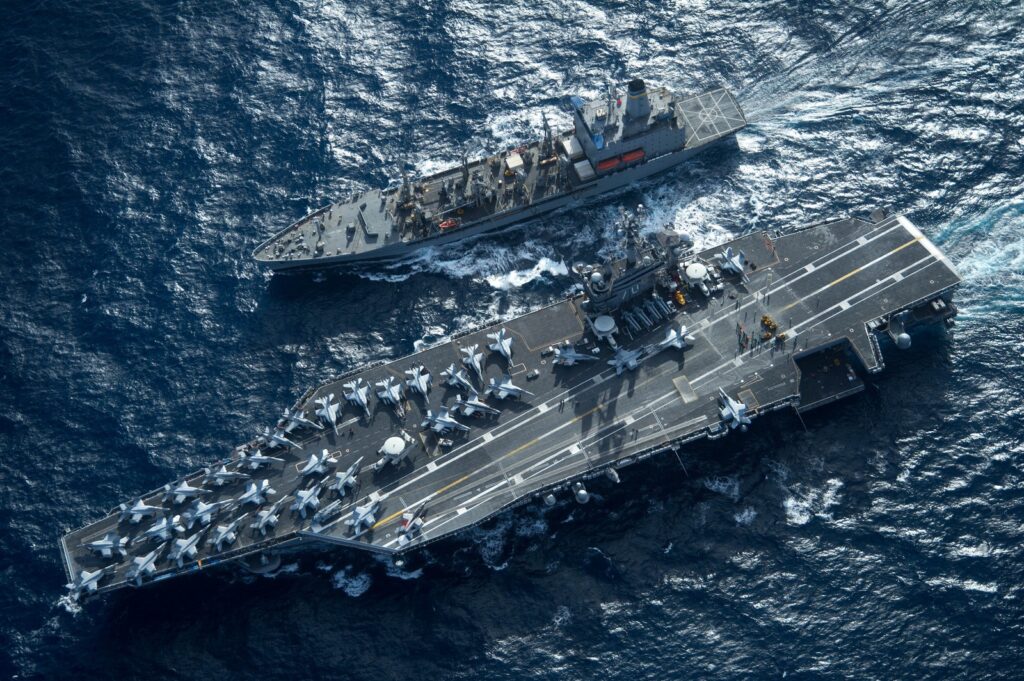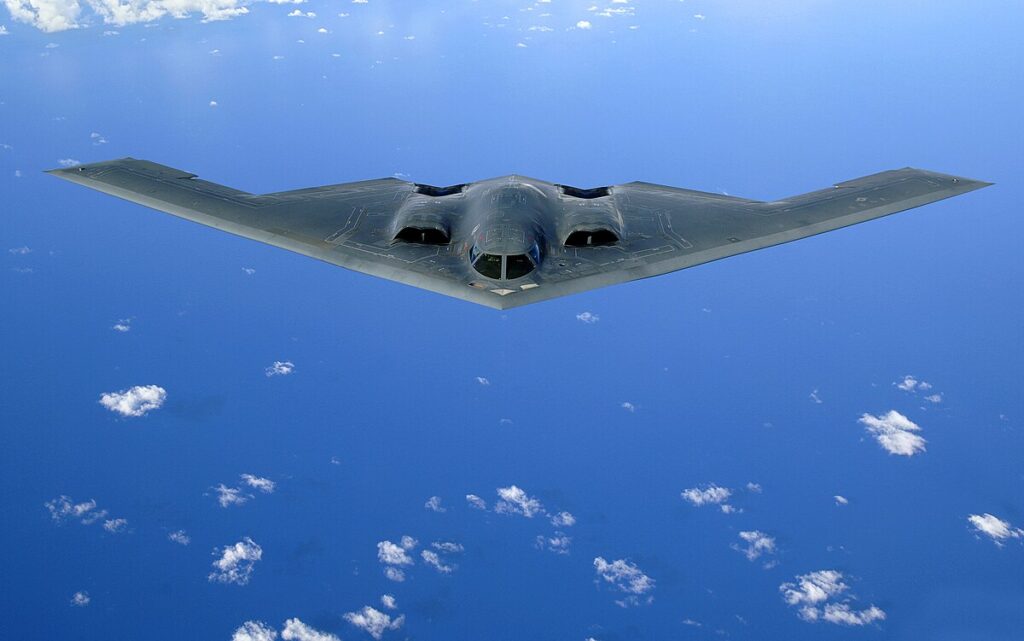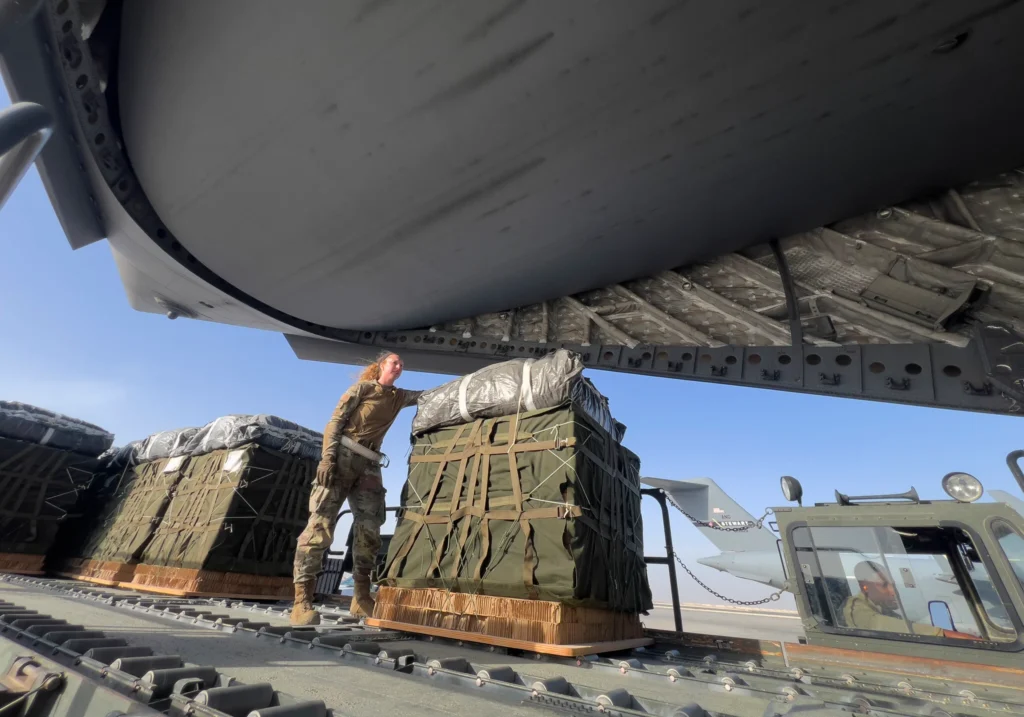The escalating conflict between Israel and Iran, marked by Israel’s aggressive airstrikes and the United States’ unprecedented attack on Iranian nuclear facilities, has not only heightened geopolitical tensions but also imposed staggering financial burdens on both nations. As the war enters its second week, the economic ripple effects are reverberating across global markets, energy prices, and defense budgets. At YTC Ventures, a leading investment technology company, we analyze the financial implications of this conflict to provide actionable insights for investors navigating these turbulent times.
The Israel-Iran War: A Financial Snapshot
Since Israel launched its surprise offensive on June 13, 2025, targeting Iran’s nuclear facilities, military infrastructure, and leadership, the conflict has rapidly intensified. Iran’s retaliatory missile barrages and the U.S.’s direct involvement with strikes on key nuclear sites like Fordow, Natanz, and Isfahan have further escalated the stakes. Below, we break down the estimated daily costs to Israel and Iran, drawing on credible reports and expert analysis.
Israel’s Daily War Costs: A Billion-Dollar Burden
Israel’s military campaign, dubbed “Rising Lion,” relies heavily on advanced air defense systems, fighter jets, and precision munitions. According to The Marker, a leading Israeli financial newspaper, Israel’s missile defense operations alone cost approximately 1 billion shekels (roughly $285 million USD) per night. This figure primarily stems from the use of interceptors like the Arrow missile defense system, with each interception costing between $700,000 and $4 million.
Additional expenses include:
- F-35 Operations: Operating Israel’s fleet of F-35 fighter jets costs approximately $10,000 per hour per jet, with over 200 jets involved in initial strikes.
- Infrastructure Damage and Rebuilding: Iranian missile strikes on Israeli cities, including a hospital in Beersheba, have caused significant damage, with rebuilding costs estimated at $400 million or more.
- Economic Disruptions: The closure of Ben Gurion International Airport and disruptions to Israel’s energy infrastructure, such as offshore gas fields, have further strained the economy.

Estimated Daily Cost to Israel
$725 million to $1 billion, factoring in missile defense, jet operations, and economic disruptions. A month-long campaign could push Israel’s total costs to $12 billion or more.
Iran’s Daily War Costs: A Strained Economy Under Fire
Iran, already grappling with economic sanctions and a weakened military position, faces significant financial strain. The Israeli strikes have targeted critical infrastructure, including the South Pars gas field, leading to partial suspension of production, and nuclear facilities like Natanz, causing chemical and radiological contamination.
Missile and Drone Operations: Iran has launched over 400 ballistic missiles since the conflict began, with each missile costing an estimated $100,000 to $1 million. The depletion of Iran’s missile stockpile, previously estimated at 2,000 medium-range missiles, has forced reliance on dwindling reserves.
Infrastructure Damage: Strikes on oil and gas facilities, including a blaze at the South Pars field, and damage to military bases and nuclear sites have caused losses in the hundreds of millions.
Human and Economic Toll: Iran’s health ministry reports 224 deaths and over 1,400 injuries, with 90% of casualties being civilians. The economic impact of civilian displacement and disrupted oil exports through the Strait of Hormuz adds to the financial burden.

Estimated Daily Cost to Iran
$200 million to $500 million, driven by missile expenditures, infrastructure repairs, and economic disruptions. The long-term economic impact could be exacerbated by Iran’s weakened oil exports, which account for 3% of global supply.
U.S. Involvement: The Cost of Striking Iran’s Nuclear Sites
On June 22, 2025, the U.S. conducted strikes on Iranian nuclear facilities, deploying B-2 bombers with bunker-busting munitions targeting Fordow, Natanz, and Isfahan. While the exact cost of these operations is not publicly disclosed, historical data on U.S. military operations suggests significant expenses:
- B-2 Bomber Missions: Each B-2 sortie costs approximately $2 million per flight, excluding munitions. The use of over a dozen bunker-buster bombs, each costing up to $500,000, adds to the tally.
- Naval and Air Support: The deployment of the USS Thomas Hudner and additional refueling aircraft to the eastern Mediterranean likely costs tens of millions per day
The U.S. intervention, while limited to specific strikes, signals a broader commitment to supporting Israel’s defense, potentially increasing costs if the conflict escalates further.

Global Economic Impacts: Oil Prices and Market Volatility
The Israel-Iran conflict has sent shockwaves through global markets. Brent crude oil prices surged 8.5% to $75.38 per barrel, and U.S. WTI reached $74.11, reflecting fears of disruptions in the Strait of Hormuz, through which 20% of global oil passes. Stock markets have also reacted, with Dow futures dropping 500 points as investors flock to safe-haven assets.
For investors, this volatility presents both risks and opportunities. At YTC Ventures, our proprietary investment technology platforms help clients navigate these uncertainties by identifying resilient assets and hedging strategies. Our AI-driven analytics can optimize portfolios to mitigate risks from geopolitical shocks, ensuring long-term growth.
Investment Opportunities Amid Conflict
While the war poses significant risks, it also creates opportunities in sectors like:
- Defense and Cybersecurity: Companies supplying missile defense systems, drones, and cybersecurity solutions are likely to see increased demand.
- Energy Alternatives: With oil prices volatile, renewable energy and alternative fuel companies may attract investment.
- Safe-Haven Assets: Gold, U.S. Treasuries, and stable cryptocurrencies could benefit from market uncertainty.
Explore how YTC Ventures can help you capitalize on these trends with our cutting-edge investment tools and expert guidance.
The Road Ahead: Can Diplomacy Mitigate Costs?
The cancellation of U.S.-Iran nuclear talks, originally scheduled for June 15, 2025, in Oman, has dimmed hopes for a diplomatic resolution. Iran’s threat to exit the Nuclear Non-Proliferation Treaty and Israel’s refusal to pause its offensive suggest a prolonged conflict. The financial toll on both nations could escalate further, with Israel facing potential depletion of interceptors and Iran struggling to rebuild its missile and nuclear capabilities.
For investors, staying informed is critical. YTC Ventures offers real-time market analysis and tailored investment strategies to help you stay ahead in this volatile environment.
The cancellation of U.S.-Iran nuclear talks, originally scheduled for June 15, 2025, in Oman, has dimmed hopes for a diplomatic resolution. Iran’s threat to exit the Nuclear Non-Proliferation Treaty and Israel’s refusal to pause its offensive suggest a prolonged conflict. The financial toll on both nations could escalate further, with Israel facing potential depletion of interceptors and Iran struggling to rebuild its missile and nuclear capabilities.
For investors, staying informed is critical. YTC Ventures offers real-time market analysis and tailored investment strategies to help you stay ahead in this volatile environment.
The Israel-Iran war, compounded by U.S. strikes on Iranian nuclear sites, is a costly endeavor with far-reaching economic implications. Israel’s daily expenditure of $725 million to $1 billion and Iran’s $200 million to $500 million underscore the immense financial strain on both nations. As global markets react to rising oil prices and geopolitical uncertainty, savvy investors can turn challenges into opportunities with the right strategies.
At YTC Ventures, we empower investors with innovative technology and data-driven insights to thrive in any market condition. Visit www.ytcventures.com to learn how our investment solutions can safeguard and grow your portfolio during these turbulent times.
Technocrat Magazine is committed to delivering cutting-edge analysis on technology, finance, and global affairs. Stay tuned for more insights.

Comments